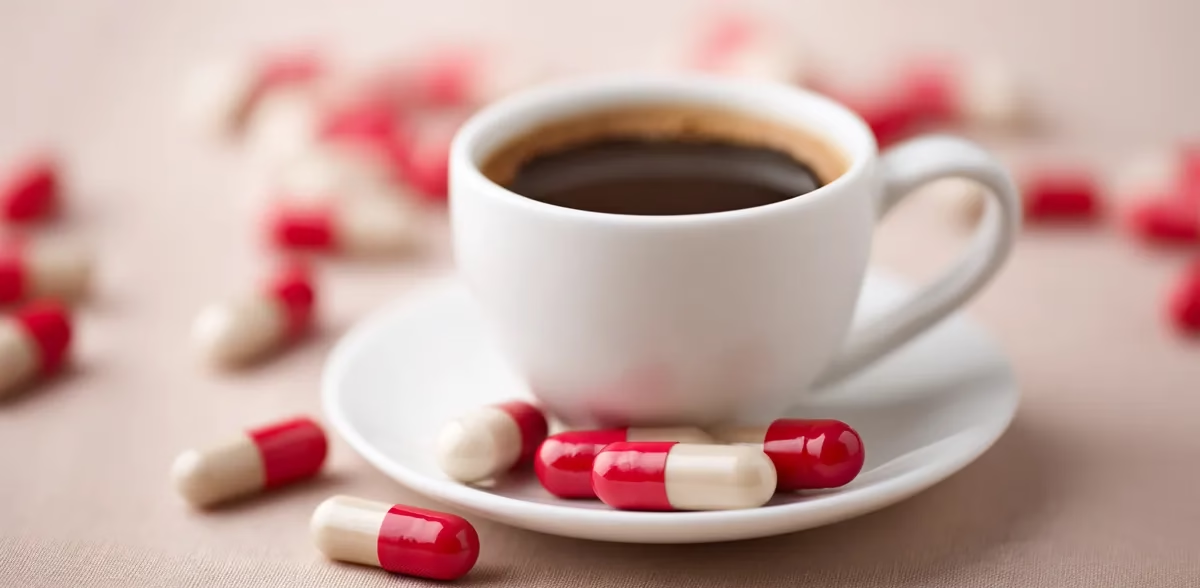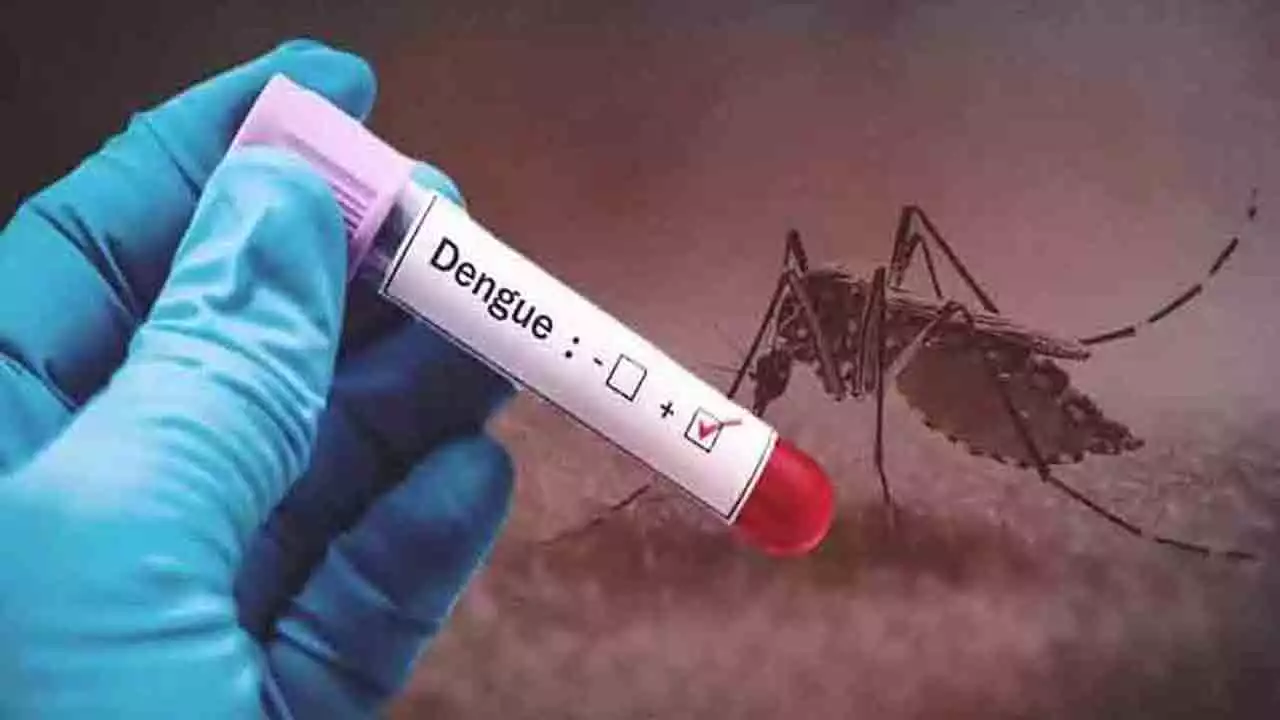A surprising new study led by Professor Ana Rita Brochado at the University of Würzburg reveals that caffeine may be energizing more than just people — it’s also stimulating bacteria, making them harder to kill with antibiotics.
The research found that caffeine, along with other common food ingredients, can alter bacterial behavior, particularly in E. coli, by activating internal defense mechanisms that reduce antibiotic effectiveness.
Caffeine doesn’t destroy antibiotics directly, but it activates a gene called Rob, which launches a chain reaction that modifies transport proteins — the cell’s gatekeepers. As a result, antibiotics like ciprofloxacin struggle to enter the bacterial cell, lowering their impact.
“Caffeine triggers a cascade of events starting with the gene regulator Rob and culminating in the change of several transport proteins in E. coli, which in turn leads to a reduced uptake of antibiotics,” explained Prof. Brochado.
The study tested 94 substances — including medications and food ingredients — and found several could subtly influence gene regulation in bacteria. Caffeine stood out by clearly impacting bacterial cell permeability without causing genetic mutations or introducing new resistance genes.
These stealth-like effects don’t appear in standard lab resistance tests, meaning antibiotics that seem effective in clinical settings may perform differently inside a body exposed to caffeine or similar compounds.
Interestingly, the effect wasn’t universal. When the researchers tested Salmonella enterica, a close cousin of E. coli, caffeine had no impact on antibiotic uptake, pointing to key differences in gene regulation between species.
PhD researcher Christoph Binsfeld, co-author of the study, summarized:
“Our data show that several substances can subtly but systematically influence gene regulation in bacteria.”
This research highlights how diet and environment can shape bacterial resistance in real time, even without genetic changes. While caffeine won’t make bacteria fully resistant, it can make antibiotics less effective — a factor worth considering in both clinical treatment and antibiotic research.



